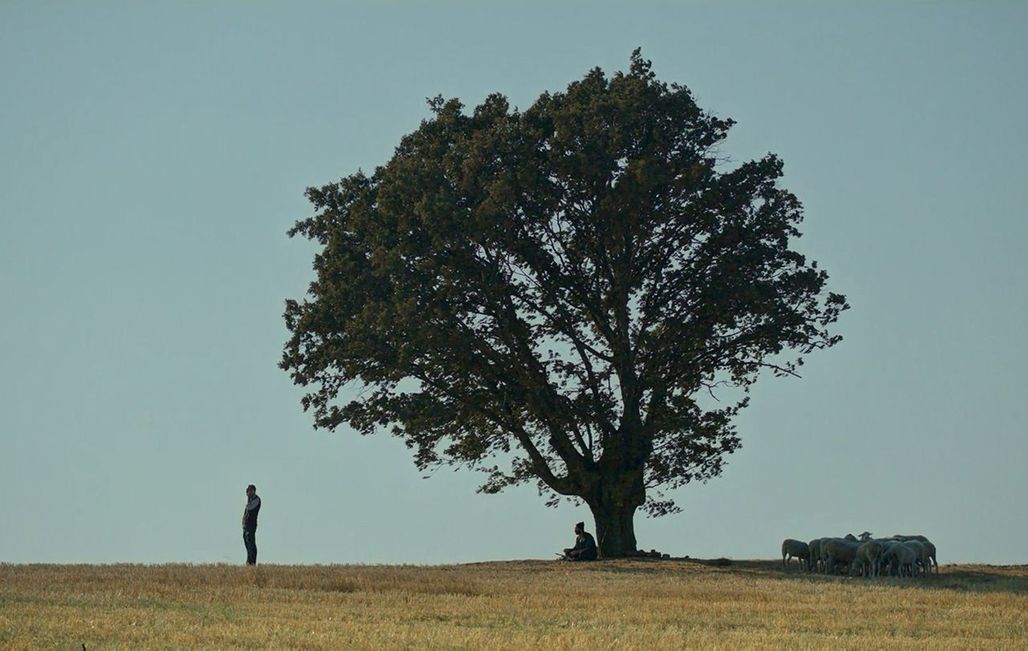
Baglilik Hasan (Commitment Hasan) as seen by Semih Kaplanoğlu

After Commitment (Baglilik Aslı), Turkish filmmaker Semih Kaplanoğlu brings us Baglilik Hasan (Commitment Hasan), the second part of the trilogy he began in 2019. Selected in Un Certain Regard, it depicts the struggle of a man of the soil against the onslaught of modernity.
What inspired you to begin work on this film?
While I was waiting for the release of my film Grain that had been five years in the making, I started writing short stories one after the other. Commitment Hasan is the second film in the Commitment Trilogy that came out of these short stories, which focus on the human conflicts that each and every one of us go through anywhere in the world. They centre around the metaphysical, conscientious soul searching of characters with different identities, from different classes and walks of life. For me it is important to make my audience feel a human being's pain, the remorse and desperation underneath, while I try to depict their discrepancies and contradictions on the surface. I believe the source of pain has something to do with the real bond that connects each of us with an invisible and genuine thread together. Hasan is about that seemingly broken thread, which actually bonds two brothers forever.
“For me, it is important to make my audience feel a human being’s pain, the remorse and desperation underneath while I try to depict their discrepancies and contradictions on the surface.”
Semih Kaplanoğlu
Please describe your working method and the atmosphere on set. Anecdotes welcome.
I start building my film while I am location scouting. The narrative of the script matures during the course of these journeys. Nature, human faces, light and shadow, orchards, night sound, animals pull me away from the words of the screenplay and take me into the real world of film. On a sweltering hot day in the countryside I went into a tea garden to take a break and cool down. Almost all the tables in the shadow of the big sycamore were full of farmers who had been exhausted from the heat. Soon the farmers got something in the wind and swiftly left the tables. Before I could figure out what was going on, a young man in a suit with a briefcase appeared in front of the tea garden. He was sweaty. He ordered a cold drink from the waiter, who was clearing the half full teacups, glasses of juice. He glanced over the scene, which obviously was all too familiar to him, with an ironic smile. That was the day I met the young bank creditor who was chasing after the farmers for their unpaid farm loans and he became a character in my film.
Please share a few words about your actors.
I first met Umut Karadağ (Hasan), in a photo taken in a TV series set. They were suggesting the actor next to him in the photo for the role, but I was drawn to Umut. I did not know about him, not even heard of his name. However his expression in the photo had something similar with that archaic expression of a man who works the soil. I believe that, combined with Umut's patience, we have turned that face into an iconic image. Good Bergman was right, cinema starts with a human face.


